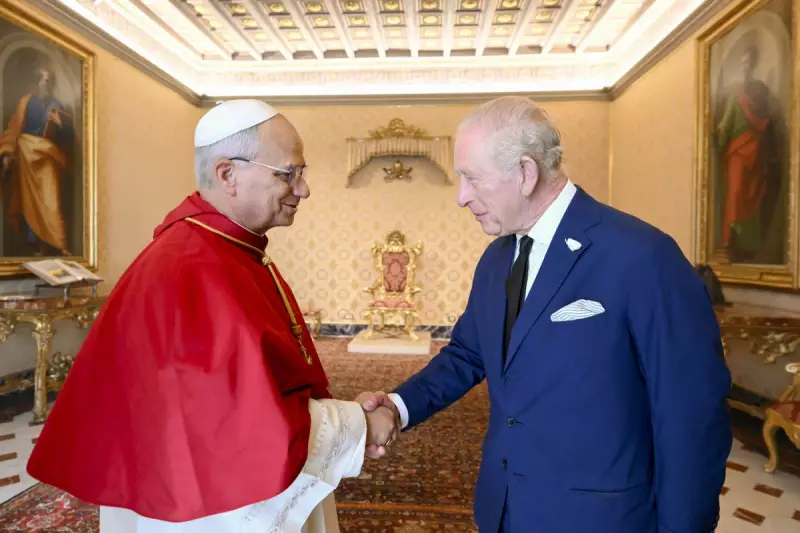
In a potentially historic shift for the British monarchy, King Charles III faces a profound constitutional and spiritual dilemma as he contemplates the future of one of the monarchy's most ancient titles: 'Defender of the Faith'.
A Title Steeped in Tudor History
The title 'Defender of the Faith' was originally bestowed upon King Henry VIII by Pope Leo X in 1521, recognising the monarch's defence of Catholic doctrine. In a dramatic historical twist, Henry later broke with Rome, and the title was reaffirmed by Parliament, becoming associated with the Church of England.
For centuries, this designation has defined the monarch's role as Supreme Governor of the Church of England. However, as Britain has evolved into a diverse, multi-faith society, questions have emerged about whether this centuries-old title remains relevant.
The Charles Conundrum: Modern Monarch or Traditional Defender?
Long before ascending the throne, then-Prince Charles hinted at his vision for a more inclusive approach. In a landmark 1994 interview, he suggested he might prefer to be seen as 'Defender of Faith' rather than 'Defender of the Faith'—a subtle but significant linguistic shift that would acknowledge Britain's religious diversity.
'The perception now is that the monarchy must reflect the society it serves,' notes constitutional historian Dr Eleanor Vance. 'With declining Church of England attendance and growing Muslim, Hindu, and secular communities, the question isn't whether the role will change, but how.'
Constitutional Implications and Public Sentiment
Any formal change to the title would require parliamentary approval and potentially raise complex constitutional questions. However, experts suggest the monarch could effectively redefine the role through their actions and public statements without changing the formal title.
Public opinion appears to support modernisation. Recent surveys indicate that a majority of Britons believe the monarchy should represent all faiths equally, rather than maintaining exclusive ties to the Church of England.
The Vatican Perspective and Global Implications
The potential shift comes at a time of improving relations between the British monarchy and the Vatican. King Charles has met multiple popes and has spoken warmly of interfaith dialogue.
As one senior Vatican observer noted: 'There's recognition that the world has changed since Pope Leo X granted that title. What matters now is how faith contributes to society, not which faith takes precedence.'
This potential evolution of the monarch's religious role represents one of the most significant, yet subtle, transformations of the modern monarchy—a quiet revolution that could redefine the crown's relationship with faith for generations to come.





